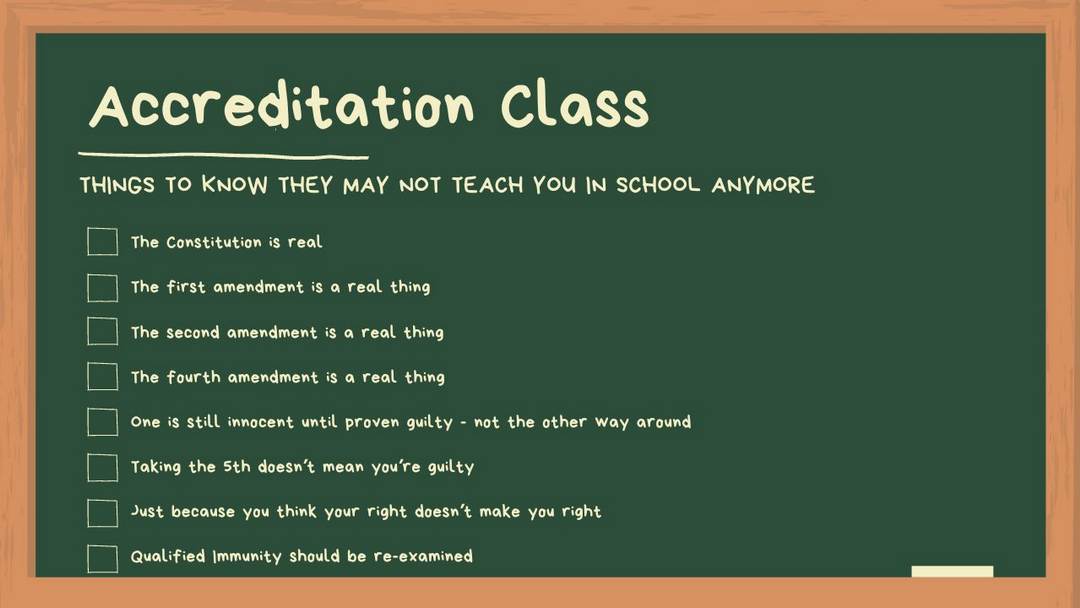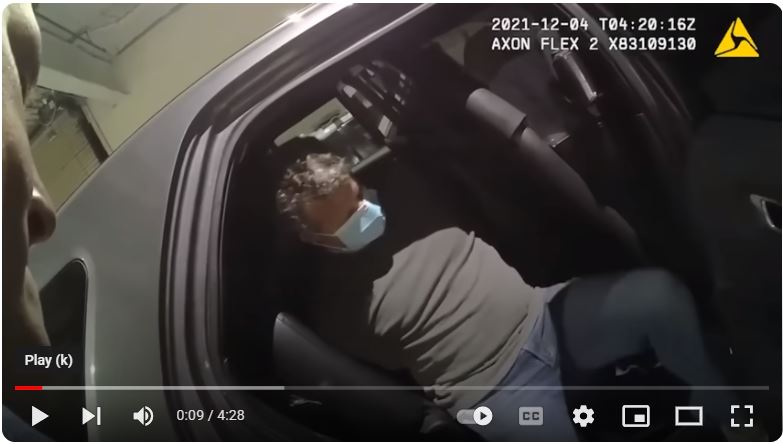Are Newspapers Still the Town Crier in a Digital Age?
Examining Michigan’s Act 247 and the Publication of Notices
In today’s rapidly evolving digital landscape, the role of traditional media like newspapers is constantly under scrutiny. Yet, in Michigan, a 1963 law, Act 247, still mandates the publication of certain legal notices in newspapers. This blog delves into the intricacies of Act 247 and its continued relevance in the 21st century.
Act 247: A Legacy of Public Awareness
Enacted in 1963, Act 247 governs the publication of legal notices in newspapers within the state of Michigan. These notices encompass a wide range of official matters, including:
- Public hearings: Announcements of public hearings regarding zoning changes, construction projects, and other issues affecting local communities.
- Estate matters: Probate notices, notifications of creditors, and changes in estate administration.
- Tax information: Delinquent property tax notices, public auctions, and changes in tax rates.
- Election information: Dates, deadlines, and candidate qualifications for upcoming elections.
- Business formation: Notices of business incorporation, mergers, and dissolutions.
The rationale behind Act 247 is rooted in the principle of public access to information. Newspapers, with their widespread circulation and historical role as community hubs, were seen as the most effective means to ensure that all citizens were aware of important legal proceedings and decisions impacting their lives.
Have you been charged with a crime?
Have your rights been violated?
Have your driving priviledges been revoked?
Has your professional license been suspended?
Call our office to see if we can help
Komorn Law 248-357-2550
The Digital Dilemma: Is Print Still King?
However, the digital revolution has challenged the primacy of newspapers. Online news platforms and social media have emerged as powerful alternatives for disseminating information.
Critics argue that relying on print publications for legal notices is outdated and inefficient, potentially excluding those who don’t regularly read newspapers or have limited internet access.
Furthermore, the cost of publishing legal notices in newspapers can be significant, especially for small businesses and individuals.
This raises concerns about accessibility and affordability, particularly for marginalized communities who do not have the desire to read a newspaper.
Finding a Balance: The Future of Legal Notices
Despite these challenges, Act 247 continues to hold value. Newspapers, with their established legal framework and editorial standards, offer a level of authenticity and accountability that online platforms may not always provide. Additionally, many local newspapers maintain strong ties to their communities, ensuring wider reach than solely online platforms.
Moving forward, the key lies in finding a balance between tradition and innovation. Exploring alternative publication methods, such as online government portals or designated community notice boards, could improve accessibility and reduce costs. However, it’s crucial to ensure these alternatives are equally reliable and reach the intended audiences.
The debate surrounding Act 247 and the publication of legal notices in newspapers reflects a broader conversation about the evolving role of traditional media in a digital age. While embracing new technologies is essential, it’s equally important to recognize the strengths and value of established systems like newspapers. Finding a way to leverage both the reach of the digital world and the reliability of traditional media can ensure that all citizens have access to the information they need to participate actively in their communities.
Here’s the Michigan Law (Link)
Act 247 of 1963
691.1051 Newspaper; definition; publication of notices; duties of newspaper operator.
Sec. 1.
More Posts

Legal Consequences of Rescheduling Marijuana – 2024
Legal Consequences of Rescheduling Marijuana Jan 2024 a report from the Congressional Research Service.

Scientists Discover The Reason Cannabis Causes The Munchies
For the first time, scientists have uncovered the precise neurological impacts of cannabis use that give rise to the phenomenon famously referred to as the "munchies," as revealed by an innovative study backed by federal funds. Researchers at Washington State...

Maker of CBD products asks court to decide
The Petitions of the Week column highlights a selection of cert petitions recently filed in the Supreme Court. A list of all petitions we’re watching is available here. Organized crime, from the mafia to small-time money laundering schemes, often evades criminal...

Transcription of the 1789 Joint Resolution of Congress Proposing 12 Amendments to the U.S. Constitution
This information was taken from archives.gov. One should assume it is factual... but assuming information is a fact is a perilous assumption. Here is what you paid for... Transcription of the 1789 Joint Resolution of Congress Proposing 12 Amendments to the U.S....

New laws for 2024 – Buckle Up
States nationwide will welcome the upcoming year with the implementation of laws tackling crucial matters such as gun violence, book bans, and the introduction of gender-neutral toy sections. These legislative advancements are set to take effect throughout 2024,...

Biden Issues More Cannabis Pardons but…
Joe Biden has extended pardons for individuals charged with simple cannabis possession and use, yet disappointingly, he has refrained from granting clemency to those currently incarcerated for cannabis-related offenses.In an extension of the previous year's extensive...

Working With and Not Against, IRS Revenue Code 280E
Cannabis operators face IRS Revenue Code 280E restrictions, but smart tax planning and strategies allow entrepreneurs to mitigate its impact on their business.Komorn Law is Michigan's top cannabis law firms when it comes to licensing, consulting and legal defense....

Department of Attorney General Prepares for MLEAC Accreditation
LANSING – The Michigan Department of Attorney General (DAG) recently welcomed a team of assessors from the Michigan Law Enforcement Accreditation Commission (MLEAC). The assessors came to examine all aspects of the Department’s compliance with the MLEAC standards in...

Oklahoma’s wild marijuana market is about to shrivel
The world's weed market, once booming with nearly 14,000 licensed medical marijuana businesses at its peak, has experienced a steady decline since Oklahoma voters overwhelmingly rejected a recreational legalization referendum in March. Heightened enforcement by state...

400K settlement after being arrested for a DUI, even though he passed breath and blood tests
A Colorado man is poised to receive a $400,000 settlement from city authorities after being wrongfully arrested for a DUI, even though he had passed both a breath and blood test.According to the complaint, Elias was driving southbound on College Avenue in Fort Collins...








